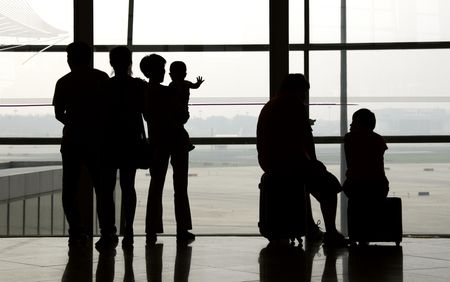SHANGHAI (Reuters) -China plans to increase flights with a goal to restore the country’s average daily passenger flight volumes to 70% of 2019 levels by Jan. 6, financial news outlet Caixin reported on Friday citing a document from the aviation regulator.
The aim is part of a work plan the Civil Aviation Administration of China (CAAC) issued on Wednesday to encourage the recovery of the country’s air transport market, Caixin said.
The CAAC did not immediately respond to a request for comment.
The plan said there would be three stages to the process, with the first to increase the number of flights a day to a maximum of 11,280, of which up to 9,280 could be domestic ones, by Jan. 6, Caixin said.
Between Jan. 7 to Jan 31, average daily passenger flight volumes should increase to 88% of 2019 levels, before the COVID-19 pandemic began. Daily flights should hit a maximum of 13,667, of which up to 11,667 could be domestic ones, it added.
The industry should be in a “stable recovery period” by the end of March, it said.
The plan comes after China last week abandoned many key curbs of its zero-COVID policy, which has over the past three years reduced domestic demand and kept international flights at a tiny fraction of pre-pandemic levels.
The changes prompted a significant rise in mobility, with road and air transport picking up for the first time in almost two months, according to data from the transport ministry, travel analytics firms and energy consultancies.
Weekly domestic air passenger volumes jumped 68% last week from the prior week to 3.7 million – the biggest increase since the Lunar New Year holiday in February, according to aviation data provider Variflight. That number is still 37% lower than a year earlier and 68% lower than 2019, however.
Travel restrictions have especially weighed on companies such as the country’s largest airlines, Air China Ltd,, China Southern Airlines and China Eastern Airlines, which posted steep third-quarter losses in October.
(Reporting by Brenda Goh and Albee Zhang; editing by Raissa Kasolowsky and Emelia Sithole-Matarise)

